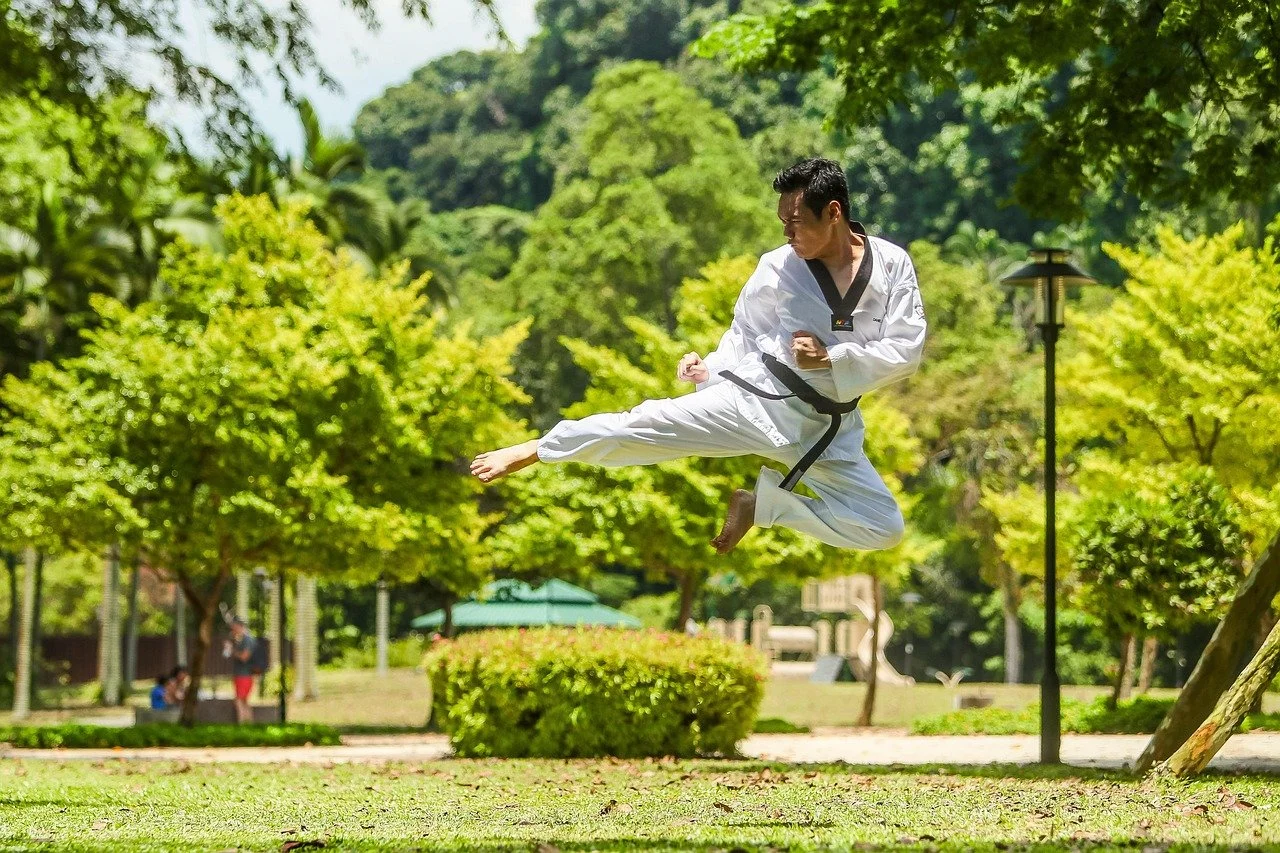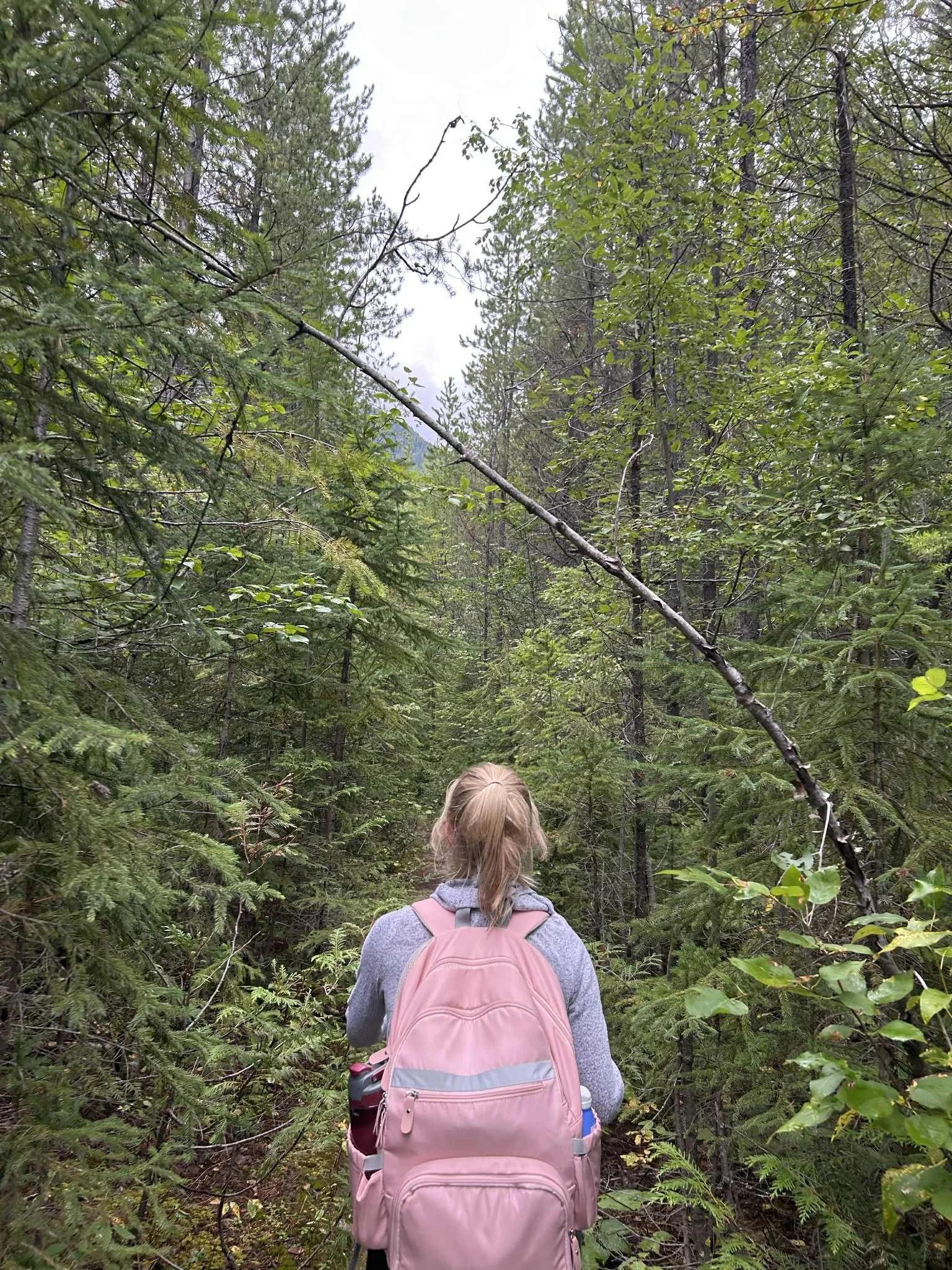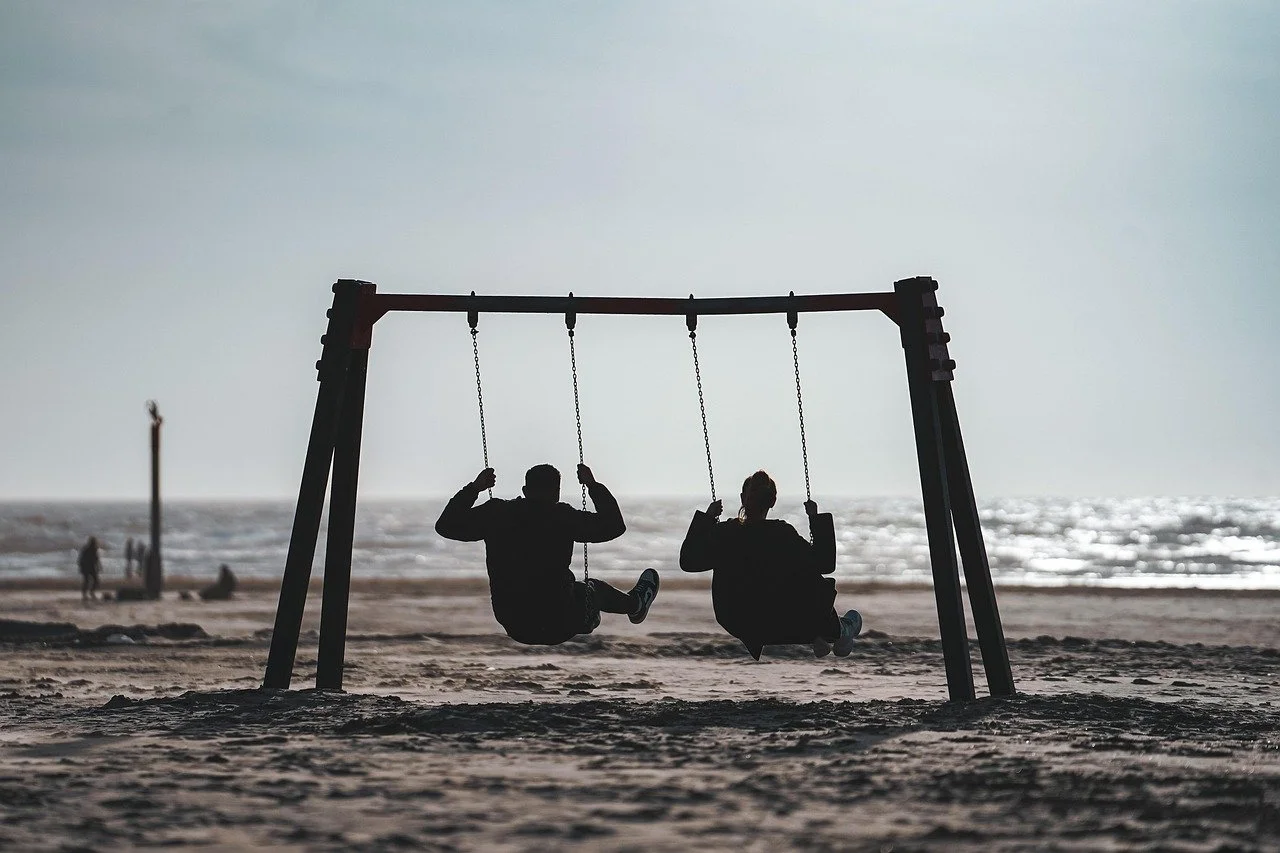
Tips for First Drafts: Characters
Are your characters authentic?

Tips for First Drafts: Theme
Is your manuscript sending the message you want it to?

Grace for Writers
A few hopeful reminders for stressed-out writers

Story Killers
A few thoughts on what might be causing your story to stall

Creativity Kick-starters
Writing exercises to spark inspiration and develop your craft

Research Like a Pro
Tips and tricks to help guide fiction writers in their research process

Survival Guide: Being a Writer with a Day Job
Ideas for putting a positive spin on your day job when you’d really rather be writing

How to Start
Tips on how to start writing a book

Writing When You’re Afraid
Ideas for how to face your writing when fear is holding you back

Write Like a Martial Artist
A few Taekwondo takeaways that can be applied to the writer’s craft

Writing When You’re Overwhelmed (Part 2)
How can writing help us move through the difficult seasons of life?

Writing When You’re Overwhelmed (Part One)
Practical tips to use when writing feels like a lot

Editing Your First Draft
A framework for editing your first draft based on the roles of professional editors in the publishing industry

Managing Stress as a Writer
A few thoughts on how to identify and eliminate stress in your writing time

Writing Humor
Quick tips for writing authentic humor in fiction

Growing Your Writing Skills in Daily Life
A few ideas for how feed your soul when you aren’t getting enough time to write

Mental Health for Writers Part 2
A few more suggestions for how to take care of yourself as a writer

Planning vs. Pantsing
Should writers plan or pants? The answer: yes!

The Great Power—and Responsibility—of Fiction Writers
What is your greatest superpower as a fiction writer?

Stage to Page: Writing Character Dynamics in Fiction
A few more ideas for fiction writers who wish to hone and enhance the dynamics between their characters
